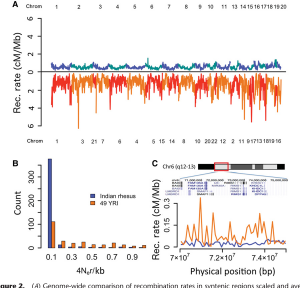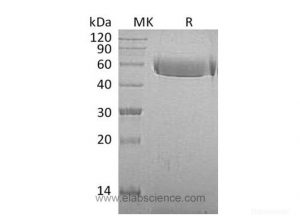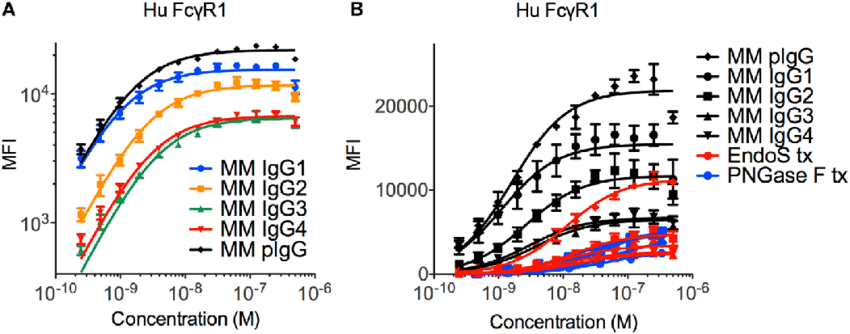Abstract
Rhesus macaques (Macaca mulatta recombinants) are the most widely used nonhuman primates in biomedical research, have the largest natural geographic range of any nonhuman primate, and have been the focus of much evolutionary and behavioural research. Consequently, rhesus macaques are one of the most studied non-human primate species. However, little is known about the genetic variation throughout the genome of this species. A detailed understanding of the genomic variation that exists among rhesus macaques has implications for the use of this species as a model for studies of human health and disease, as well as for population evolutionary genomics.
Whole-genome sequencing analysis of 133 rhesus macaques revealed more than 43.7 million single nucleotide variants, including thousands that were predicted to alter protein sequences, transcription splicing, and growth factor binding sites. transcription. Rhesus macaques exhibit 2.5-fold greater overall nucleotide diversity and slightly elevated putative functional variation compared to humans. This functional variation in macaques provides opportunities for the analysis of coding and non-coding variation, and their cellular consequences.

Despite moderately higher levels of non-synonymous variation in macaques, the estimated distribution of fitness effects and the ratio of non-synonymous to synonymous variants suggest that purifying selection had stronger effects in rhesus macaques than in non-synonymous macaques. humans. Demographic reconstructions indicate that this species has experienced a consistently large but fluctuating population size. Overall, the results presented here provide new insights into nonhuman primate population genomics and extend genomic information directly relevant to primate models of human disease.
Product details
- Purity: >85% (SDS-PAGE)
- Target Names: IL2
- Uniprot No.: P68291
- Alternative Names: IL2Interleukin-2; IL-2; T cell growth factor; TCGF
- Species: Macaca mulata (Rhesus macaque)
- Expression Region: 21-154
- Protein length: Total length of the mature protein

Label information:
The following labels are available.
- N-terminus His-tagged
- Without tags
The type of label will be determined during the production process. If you have specified a tag type, let us know and we will develop the specified tag preferentially.
Form: Lyophilized powder
Buffer before lyophilization: Tris/PBS based buffer, 6% trehalose, pH 8.0
Reconstitution: We recommend that this vial be briefly centrifuged before opening to bring the contents to the bottom. Reconstitute protein in sterile deionized water at a concentration of 0.1-1.0 mg/mL. We recommend adding 5-50% glycerol (final concentration) and an aliquot for long-term storage at -20℃/-80℃. Our final default glycerol concentration is 50%.
Storage Conditions: Store at -20°C/-80°C upon receipt, need to be aliquoted for multiple uses. Avoid repeated cycles of freezing and thawing.
Shelf life: Shelf life is related to many factors, storage condition, buffer ingredients, storage temperature and the stability of the protein itself. Generally, the shelf life of the liquid form is 6 months at -20°C/-80°C. The shelf life of the lyophilized form is 12 months at -20°C/-80°C.
Delivery time: Delivery time may differ depending on the way or location of purchase, please consult your local distributors for specific delivery time.
Note: All of our proteins are shipped with regular blue ice packs by default. If you request shipping with dry ice, please contact us in advance and additional fees will be charged.
Notes: Repeated freezing and thawing is not recommended. Store working aliquots at 4°C for up to one week.

